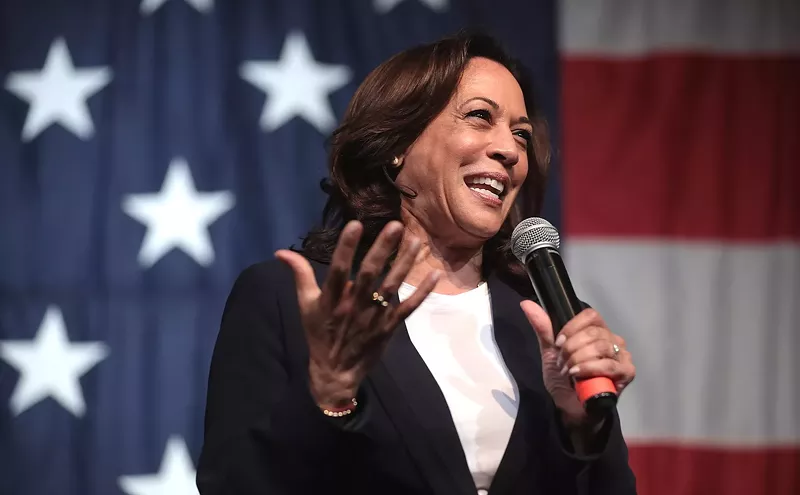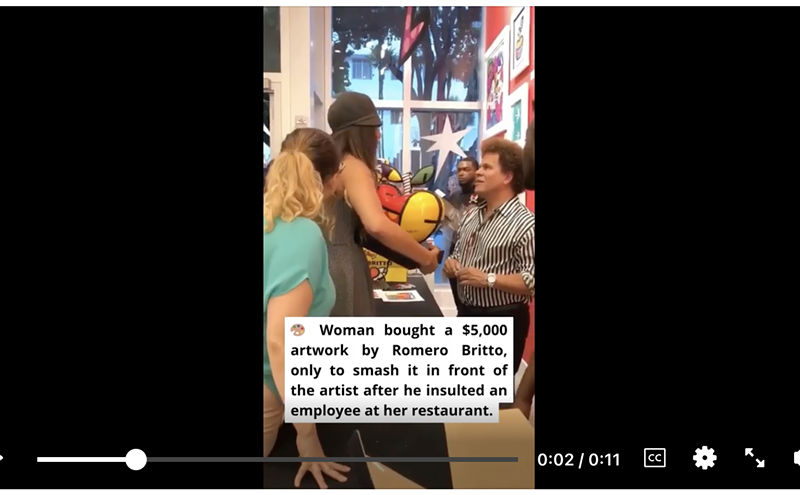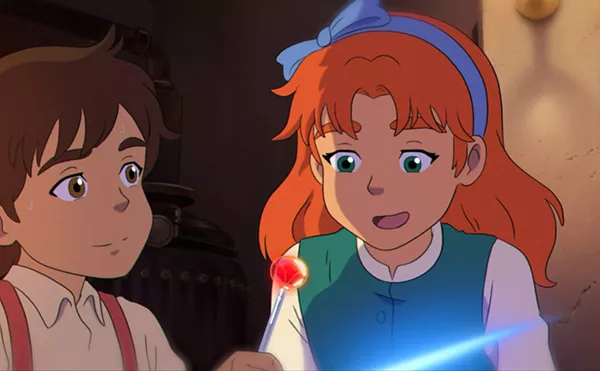Phoebe, giving voice to Slade's words, is exactly right. Too bad the writer didn't listen to his own advice. By the time this piece debuted on Broadway in 1979 many critics and audiences dismissed it as dated. In 1994 the plot contains all the creativity and suspense of a floor-wax commercial: Will the stain on the floor come off? Will the housewife be forced to switch to a new brand? In other words, Romantic Comedy buys into the romantic comedy tradition of boy meets girl, boy loses girl, boy gets girl back. In an era in which the genre has metamorphosed into Forrest Gump and even Natural Born Killers on film -- and Jeffrey on stage -- I can't think of one reason why Hollywood Performing Arts chose to unearth this second-rate anachronism.
Slade, whose work often deals with the subject of star-crossed lovers, reached his pinnacle with the 1975 hit Same Time, Next Year, which was later made into a warm, fuzzy 1978 film starring Alan Alda and Ellen Burstyn. In that tale a couple (married to other people) meets only once per year, over a period of 26 years, for a weekend of sex and companionship. The most delightful aspect of Same Time is watching how the changing times affect the lovers and their relationship. The play is so much fun, you almost can ignore the highly specific references to events of the 1950s, 1960s, and 1970s, as well as the artificially appended happy ending.
A similar predictable, unbelievable ending closes Romantic Comedy, but nothing delightful precedes it. This play examines the uncomfortable bond between two writers (of romantic comedies, naturally) over a twelve-year period. Young, naive Phoebe Craddick meets successful, icy Broadway darling Jason Carmichael on the eve of his marriage to Allison, daughter of the U.S. ambassador to New Zealand. Jason is wedding Allison not because he loves her, but because he is insecure and needs an impressive acquisition to bolster his ego. His writing collaborator has just quit to try his hand at screenplays, and Jason fears that his other half was the talented member of the team.
At first Jason, expecting a masseuse, thinks Phoebe has come to give him a rubdown, but soon discovers that she recently sent him her own play to critique, and now awaits his reaction. Without reading the manuscript first, Jason impulsively hires Phoebe as his new coauthor. He then proceeds to marry Allison, even though he has fallen in love with Phoebe at first sight, and vice versa. Over the next ten years Jason and Phoebe crank out a string of box-office smashes. In the meantime she starts dating a nerdy journalist named Leo and Jason fathers two children.
Eventually Jason has an affair with an egomaniacal actress, Phoebe marries Leo, everyone gets upset, and the writing duo breaks up. Two years later the writers/would-be lovers meet again. At this point anyone with working neurons can figure out that Jason and Phoebe will end up together.
Slade's humor is weak and tied to the events of the time it was written. "I married Grace Kelly and ended up with Bella Abzug," complains Jason, referring to Allison's burgeoning political career. (Bella Abzug?!) The best way to direct and perform such material is quickly, with snap, crackle, and zip. However, in this production director Amy London Tarallo downshifts the pace so much that by the third act it seems as if people are moving around the stage and speaking lines in slow motion.
As Jason, Ron Stearn acts believably but without any hint of comic energy and timing. The same holds true for both Kristin McLaughlin (Allison) and Lainie Lewis (Jason's overly maternal agent, Blanche). Paul Casali's Leo is so nasty and bitter that you can't imagine why Phoebe marries him. Only the enchanting and highly talented Christina Rumore (Phoebe) rises above the script and the rest of the company. Her Phoebe is awkward, smart, cute, funny, vulnerable, and most important, passionate, a characteristic necessary for a lead in any romantic comedy. Her devotion to writing, to life, and to Jason makes her sympathetic and appealing; the audience roots for her throughout the play.
Because Stearn plays Jason as a totally cynical snob incapable of loving anyone, I began to wish Phoebe would fall for a more deserving man. There's nothing inherently wrong with the romantic comedy genre or with revivals. Shakespeare's As You Like It and Twelfth Night have been around for centuries. They contain universal truths, constant action, timeless humor, and passionate lovers -- elements glaringly absent from Bernard Slade's Romantic Comedy.












